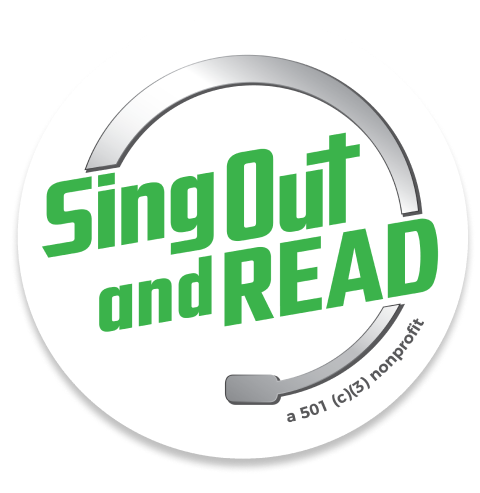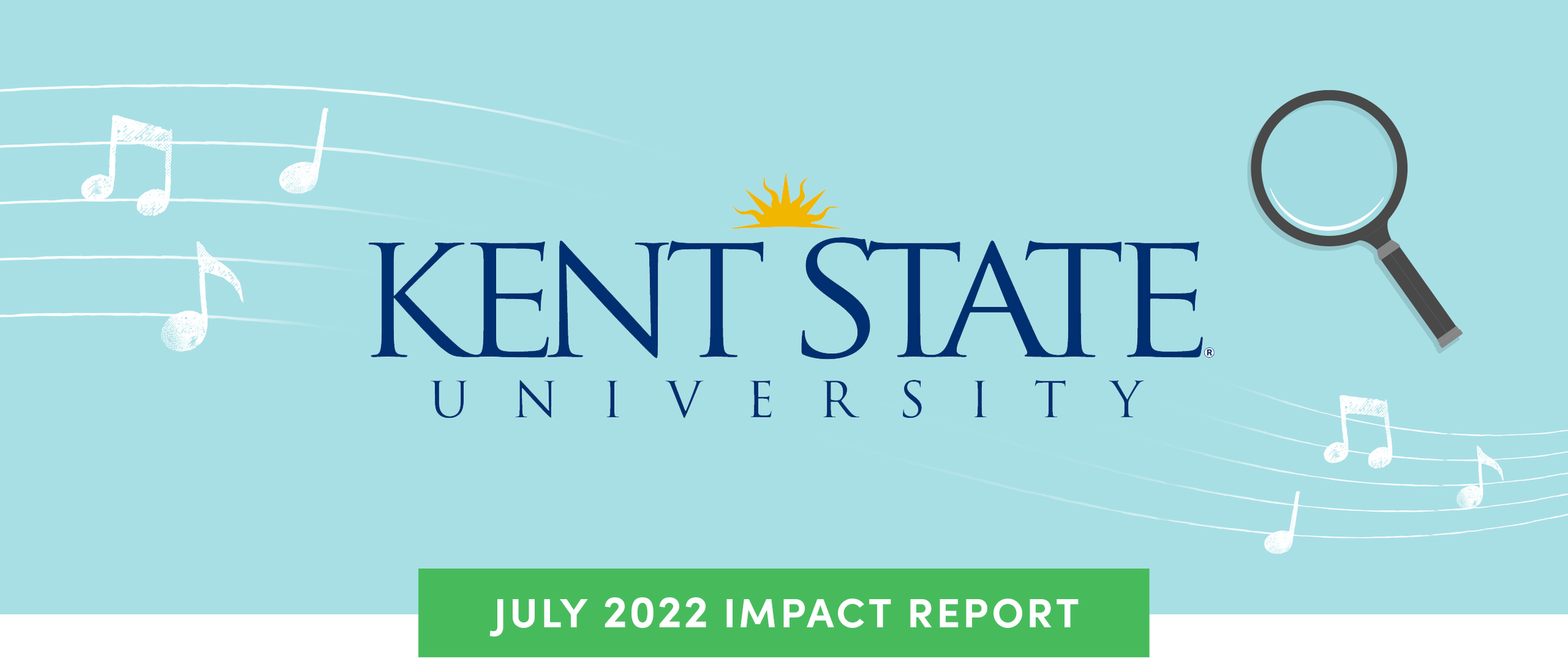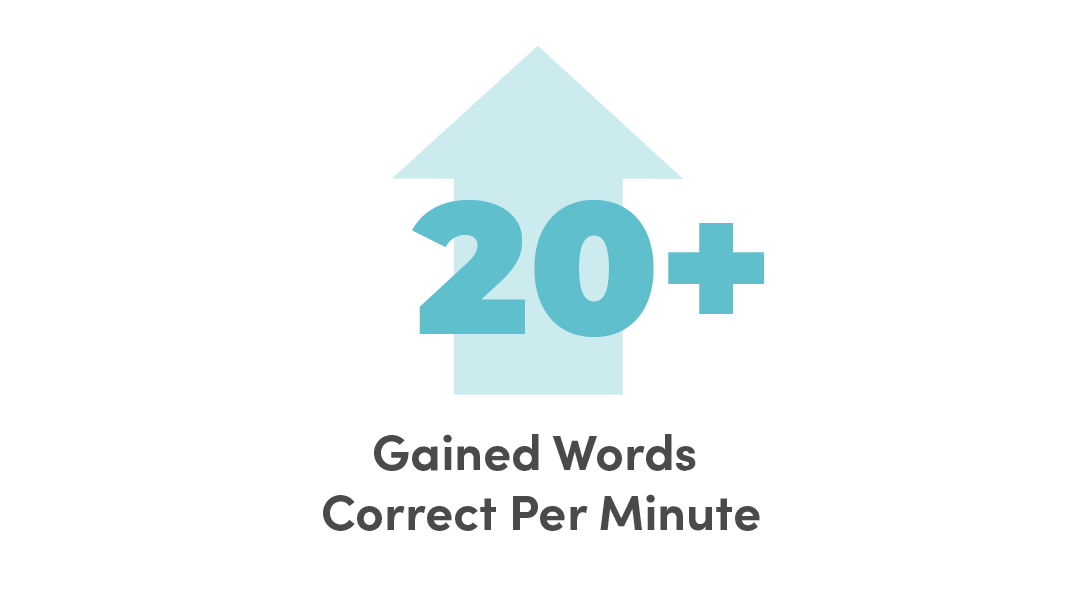July Impact Report
New research validates claim, once again, that the Family Literacy Project (FLiP) can end illiteracy through the power of singing.The findings are in! An analysis of data conducted by Dr. Timothy Rasinski, Professor of Literacy Education at Kent State University and director of its award-winning reading clinic, proves terrific results for the effect FLiP has on improving literacy in struggling young readers.
Highlights reveal:
Over the course of two consecutive summers, students who completed the Family Literacy Project’s 12-week session, went up instead of down in their reading scores. The expectation is for these students to lose 13 words correct per minute, but the FLiP kids gained over 20 words correct per minute, in both summers.
FLiP gains are not confined just to the summer. During the Spring semester of 2021, students who completed the FLiP program experienced more than three times the reading growth that was expected. According to the benchmark assessment norms, 3rd graders are expected to gain 2 points on the MAP test during the Spring semester. Students who completed the FLiP program gained 7.4 points or almost 4 times the expectation.
When the above score gains are converted to “years of growth,” FLiP students gained 74% of a full year (MAP test) and 113% of a full year (ORF scores.)
“The findings of these three different implementations of FLIP, at separate times and sites, with different grade levels of students, and using different but highly respected and valid measures of reading achievement, provide strong support for the use of the Family Literacy Project.”
“The need for effective reading interventions for students from less advantaged backgrounds is as important as ever. Moreover, the need for innovative solutions for reading difficulties that go beyond “Business as Usual” need to be explored. FLiP is one of those innovations that has great potential for helping more students become proficient and life-long readers.”
Melody’s story
Melody loves singing and dancing and became highly engaged with the repetition in the songs. Music focuses the mind on sounds being recognized and promotes learning through an interactive process. 9-year-old Melody, who was struggling to meet 4th-grade school requirements improved her reading by a full year after completing the FLiP program. Using the power of singing and with the guidance of a FLiP coach, Melody now practices her newly acquired skills by reading to her family. In just 12 weeks, Melody’s test scores improved, and she is showing a steady increase in reading proficiency.
The FLiP program works!
Through the generosity and support of our donors and community partners, we have been able to deliver the Family Literacy Project to 600 families and over 750 children. This is the tip of the iceberg! Reading proficiency in the United States has not improved in 50 years. 47% of Florida’s third graders, for example, failed the The Florida Standard Assessment (FSA) in reading this year. The potential impact FLiP has on improving literacy for any struggling young reader is critical to support. We ask you to join us on our journey and end illiteracy through the power of singing.






